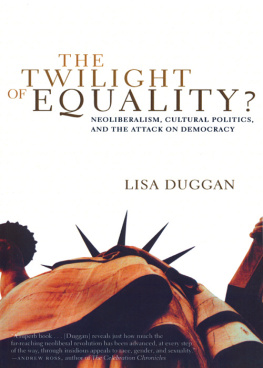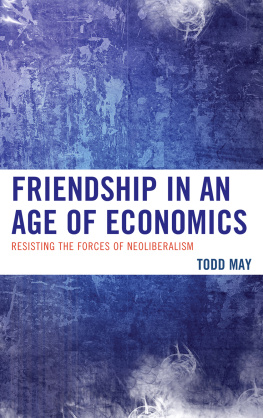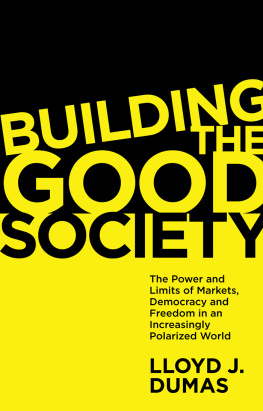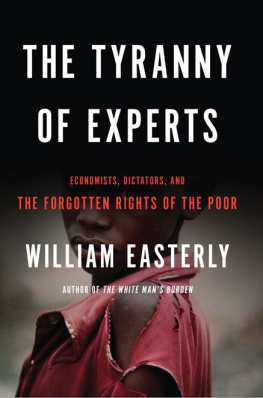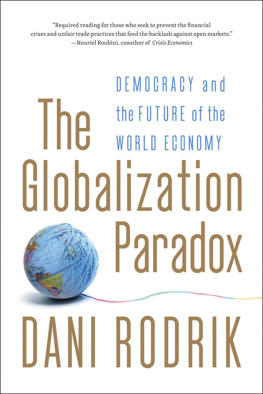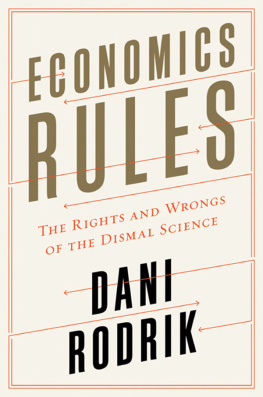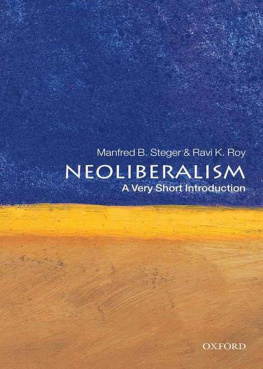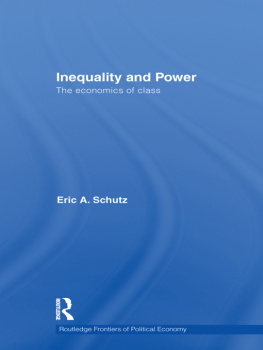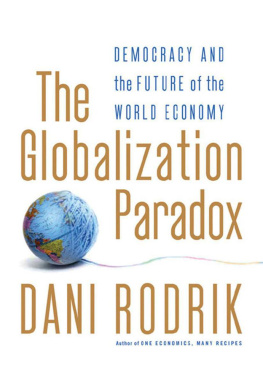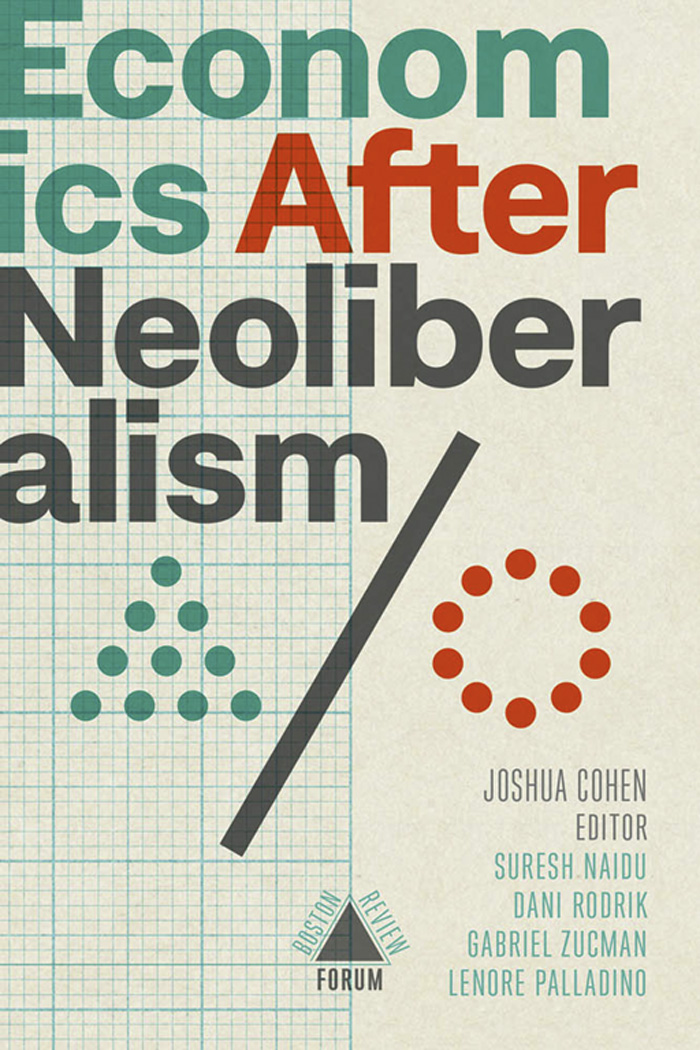Table of Contents
Guide
Economics After Neoliberalism
This publication was made possible by a generous grant from
T HE W ILLIAM AND F LORA H EWLETT F OUNDATION
Editors-in-Chief Deborah Chasman & Joshua Cohen
Executive Editor Chloe Fox
Managing Editor and Arts Editor Adam McGee
Senior Editor Matt Lord
Engagement Editor Rosie Gillies
Contributing Editors Junot Daz, Adom Getachew, Walter Johnson, Robin D.G. Kelley, Lenore Palladino
Contributing Arts Editors Ed Pavli & Evie Shockley
Editorial Assistant Stijn P. Talloen
Publisher Louisa Daniels Kearney
Marketing and Development Manager Dan Manchon
Finance Manager Anthony DeMusis III
Distributor The MIT Press, Cambridge, Massachusetts, and London, England
Printer Sheridan PA
Board of Advisors Derek Schrier (chairman), Archon Fung, Deborah Fung, Alexandra Robert Gordon, Richard M. Locke, Jeff Mayersohn, Jennifer Moses, Scott Nielsen, Robert Pollin, Rob Reich, Hiram Samel, Kim Malone Scott
Interior Graphic Design Zak Jensen & Alex Camlin
Cover Design Alex Camlin
Economics After Neoliberalism is Boston Review Forum 11 (44.3)
To become a member, visit:
bostonreview.net/membership/
For questions about donations and major gifts,
contact: Dan Manchon,
For questions about memberships, call 877-406-2443
or email .
Boston Review
PO Box 425786, Cambridge, MA 02142
617-324-1360
ISSN : 0734-2306 / ISBN : 978-1-946511-45-4
Authors retain copyright of their own work.
2019, Boston Critic, Inc.
Editor's Note
Joshua Cohen
NEAR THE END of Capitalism and Freedom (1962), Milton Friedman states the central thesis of his influential book: Equality comes sharply into conflict with freedom; one must choose. One cannot be both an egalitarian... and a liberal. What Friedman calls liberalism is the market fundamentalism that is now commonly called neoliberalism.
Friedman's argument, radical in 1962, became the country's guiding public philosophy with Ronald Reagan's election in 1980. Its power as public philosophy owed less to the compelling force of its economic analysis than to its success in recruiting the value of libertyour equal right to freedomto its cause. Recruiting liberty, while dismissing equality and subordinating the civic liberty associated with democracy.
We are now living with the consequences of this experiment: a socially pathological concentration of income and wealth; a decades-long assault on the capacity of public institutions to address our most fundamental problems, including climate catastrophe; a collapse of working-class communities, black, brown, and white; a blame-the-victim philosophy of personal responsibility; and an assault on the commitments to civic equality, public reason, and shared responsibility that are essential to a flourishing democracy.
Some peopleincluding newly self-styled nationalist conservativesblame the left for all this damage. On Earth, things look different. We live in a world made by neoliberalism, with its hostility to equality and democracy. It is time to stop.
This issue of Boston Reviewpublished with generous support from the Hewlett Foundationsuggests new directions. It explores the destructive impact of shareholder primacy, the role of law in consolidating unequal power, and the importance of public communication of economic ideas in democracy. Its core is the debate generated by three influential economistsSuresh Naidu, Dani Rodrik, and Gabriel Zucmanwho argue that economics must break decisively from the anti-egalitarian, antidemocratic market fundamentalism of the neoliberal revolution and embrace an economics of inclusive prosperity. Their essay, the project they have launched, and the rich debate they have provoked may be the start of something new and importantwe are calling it Economics After Neoliberalism.
Forum
Economics After Neoliberalism
Suresh Naidu, Dani Rodrik, & Gabriel Zucman
We live in an age of astonishing inequality. Income and wealth disparities in the United States have risen to heights not seen since the Gilded Age and are among the highest in the developed world. Median wages for U.S. workers have stagnated for nearly fifty years. Fewer and fewer younger Americans can expect to do better than their parents. Racial disparities in wealth and well-being remain stubbornly persistent. In 2017 life expectancy in the United States declined for the third year in a row, and the allocation of healthcare looks both inefficient and unfair. Advances in automation and digitization threaten greater labor market disruptions in the years ahead. Climate changefueled disasters increasingly disrupt everyday life.
We believe that these are solvable problemsat the very least, that we can make serious headway on them. But addressing them will require a broad public discussion of new policy ideas. Social scientists have a responsibility to be part of this discussion. And economists have an indispensable role to play. Indeed, they have already started to play it. Economics is in a state of creative ferment that is often invisible to outsiders. While the sociology of the professioncareer incentives, norms, socialization patternsoften militates against engagement with the policy world, a sense of public responsibility is bringing people into the fray.
The tools of economics are critical to developing a policy framework for what we call inclusive prosperity. While prosperity is the traditional concern of economists, the modifier inclusive demands both that we consider the whole distribution of outcomes, not simply the average (the middle class), and that we consider human prosperity broadly, including nonpecuniary sources of well-being, from health to climate change to political rights. To improve the quality of public discussion around inclusive prosperity, we have organized a group of economiststhe Economics for Inclusive Prosperity (EfIP) networkto make policy recommendations across a range of topics, including labor markets, international trade, and finance. The purpose of this nascent effort is not simply to offer a list of prescriptions for different policy domains, but to provide an overall vision for economic policy that stands as an alternative to the market fundamentalism that is oftenand wronglyidentified with economics.
We personally saw the power of this identification in early 2018, when the three of us attended a workshop on new thinking beyond neoliberalism. The participantshistorians, political scientists, sociologists, legal scholars, and economistsagreed that the prevailing neoliberal policy framework had failed society, resulting in monumental and growing inequality. All of us were horrified by the illiberal, nativist turn in our politics, fueled in part by these chasms. There was consensus around the need for a genuine alternativea set of policies that were both effective and inclusive, responding to legitimate grievances without sowing deeper societal divisions.
Although we fully embraced these aims, we found ourselves on the defensive. In the eyes of many, the turn toward neoliberalism is closely associated with economic ideas. Leading economists such as Friedrich Hayek and Milton Friedman were among the founders of the Mont Pelerin Society, the influential group of intellectuals whose advocacy of markets and hostility to government intervention proved highly effective in reshaping the policy landscape after 1980. Deregulation, financialization, dismantling of the welfare state, deinstitutionalization of labor markets, reduction in corporate and progressive taxation, and the pursuit of hyper-globalizationthe culprits behind rising inequalitiesall seem to be rooted in conventional economic doctrines. The discipline's focus on markets and incentives, methodological individualism, and mathematical formalism stand in the way of meaningful, large-scale reform. In short, neoliberalism appears to be just another name for economics.







